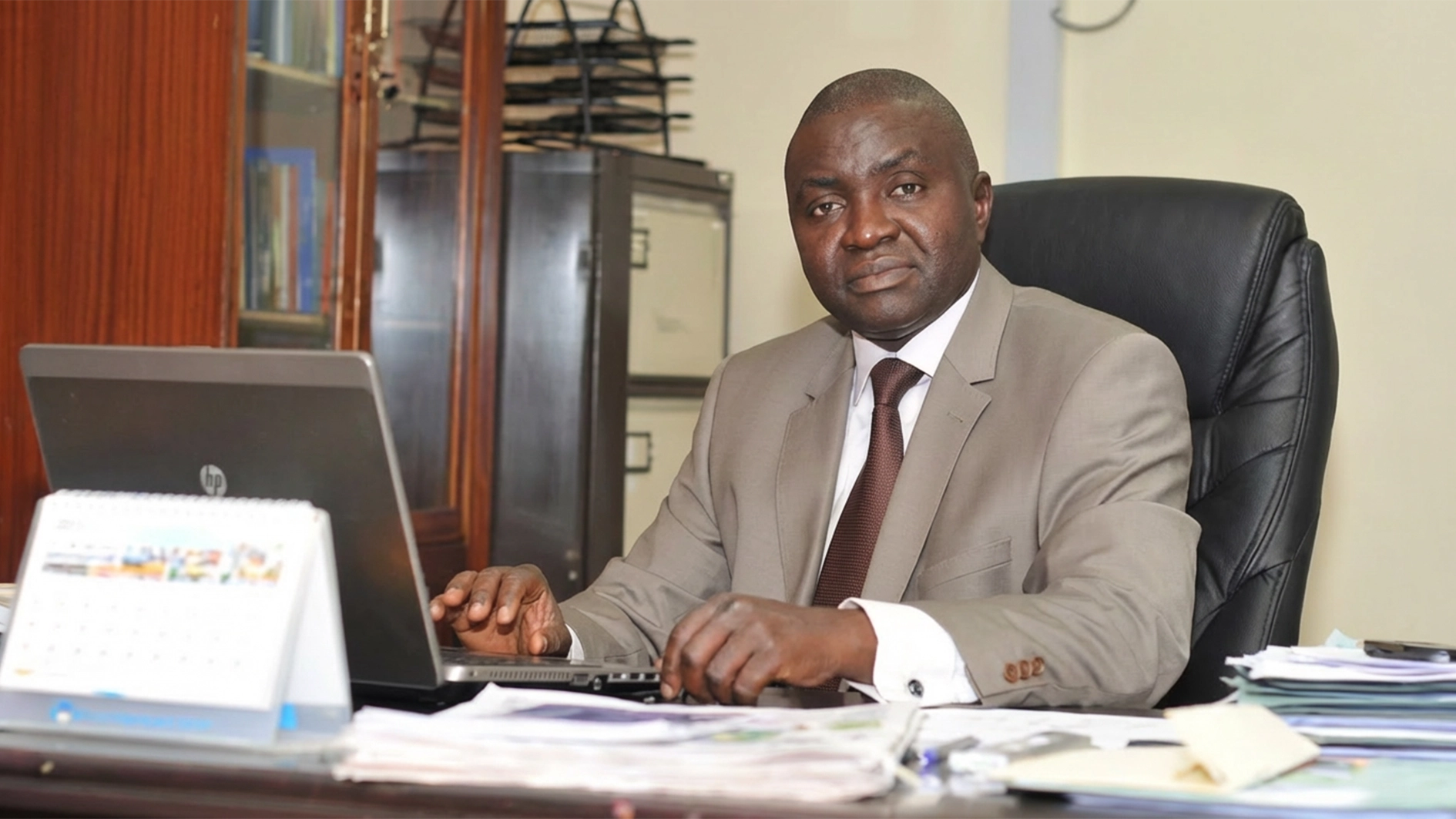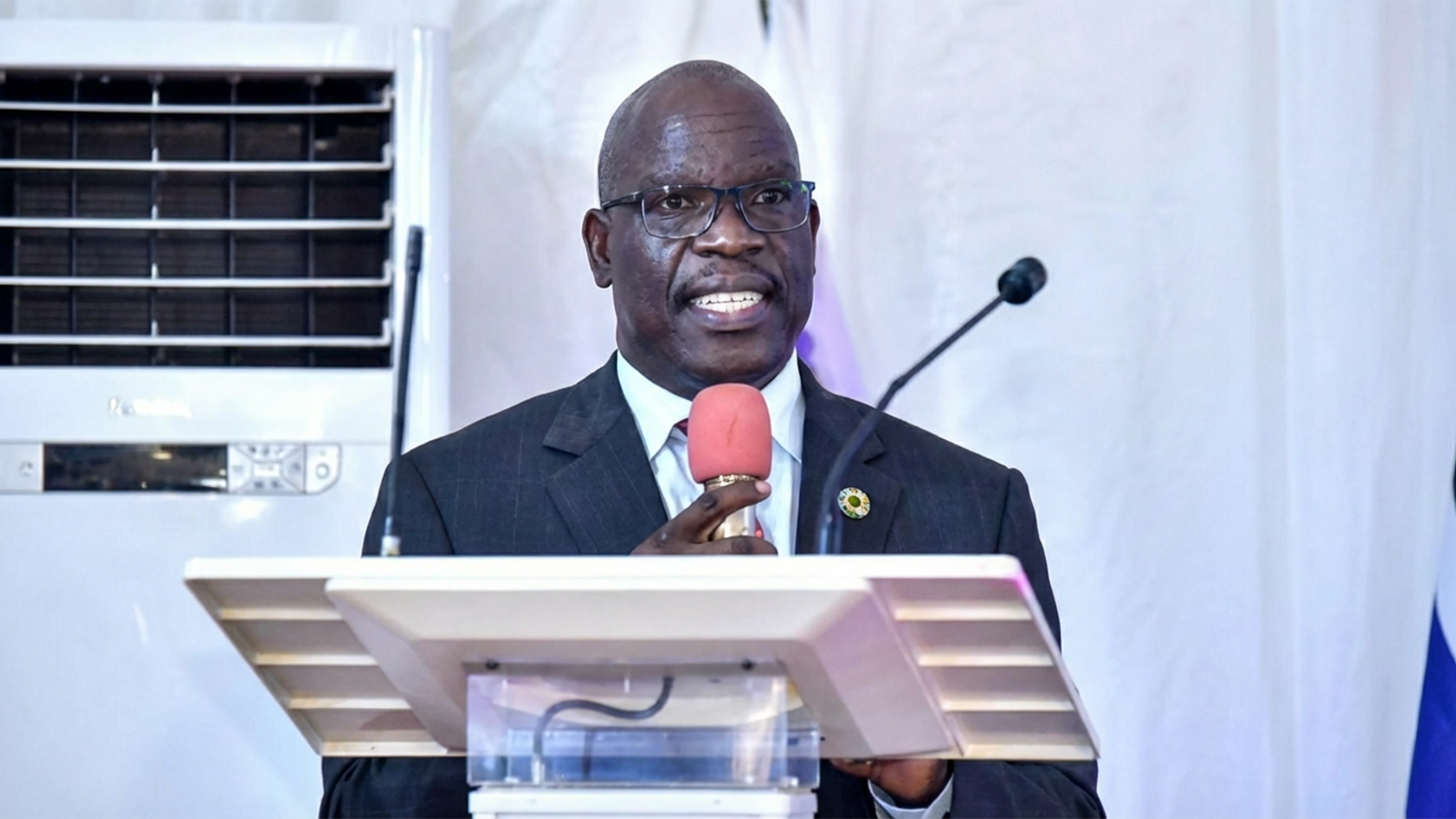The Federal Government, yesterday, revealed that public institutions would now run on solar energy amid an epileptic and costly Band A electricity tariff.
Ministries, departments and agencies (MDAs) of the federal government owe distribution companies (DisCos) a legacy debt of over N100 billion, with the cost-reflective tariffs on Band A worsening the liabilities.
Like manufacturers, which are also exiting the national grid daily due to cost and inefficiencies, the Rural Electrification Agency (REA) signed a memorandum of understanding with the Budget Office of the Federation, Infrastructure Corporation of Nigeria (InfraCorp), and the Ministry of Finance Incorporated (MOFI), marking the official launch of the National Public Sector Solarisation Initiative (NPSSI).
The government-led programme will see deployment of distributed solar energy solutions across Nigeria’s public sector institutions, including schools, hospitals, security posts, government offices and more, REA said.
Describing the development as a ‘strategic national priority’, a joint press release by the agencies and ministry stated that it remained urgent to power critical infrastructure with clean, reliable energy, while moving away from diesel dependency and reducing the public sector’s carbon footprint.
While the Federal Government had earlier revealed that Nigerians spent N16.5 trillion in 2023 on diesel and petrol to power electricity generators, BudgIT said MDAs spent over N3.3 billion on diesel between July and November 2024 to power their offices.
Nigeria has been unable to provide reliable electricity for its population. Despite privatisation, the grid has remained at about 4,500 megawatts, the same level it was a decade ago.
At the signing ceremony for the National Public Sector Solarisation Initiative (NPSSI) at the Ministry of Finance in Abuja, Managing Director of REA, Abba AbubakarAliyu, said NPSSI is part of a broader strategy to position Nigeria as the renewable energy hub of Africa, while promoting innovation, local manufacturing and sustainability in energy infrastructure financing.
“We are witnessing a new era of inter-agency synergy, driven by creativity, fiscal responsibility, and a shared determination to reduce the cost of governance while meeting our national energy transition goals,” he said.
According to him, the first phase of the initiative is fully funded by the Federal Government to the tune of N100 billion.
Aliyu added that other phases would harness innovative and blended financing models, leveraging private capital from both local and international long-term funders, all under structures that eliminate sovereign guarantees and contingent liabilities.
The Director-General of the Budget Office of the Federation, Dr Tanimu Yakubu, emphasised the significance of the initiative in addressing Nigeria’s long-standing energy gap and strengthening the fiscal efficiency of public sector operations.
“Solarisation has come of age as a necessity and NPSSI will provide an added opportunity to optimise the demonstrated ability of public institutions to pay for clean, sustainable energy, which is what the capital market needs to ensure bankability,” he said.
Managing Director of InfraCorp, Dr Lazarus Angbazo, said the sector has relied solely on public financing for decades, adding that while government is indispensable, government alone cannot solve the energy challenge.
Managing Director of MOFI, Dr Armstrong Takang, who was represented by Dr Femi Ogunseinde, MOFI’s Chief Investment Officer, explained that the government had historically relied on fossil fuel, which is expensive to sustain.
“We must not underestimate the importance of creating business models that drive down the cost of power while expanding access. We must now chart a new course, one that deemphasises the use of sovereign guarantees, domestically anchored and investment-ready,” Takang said.






